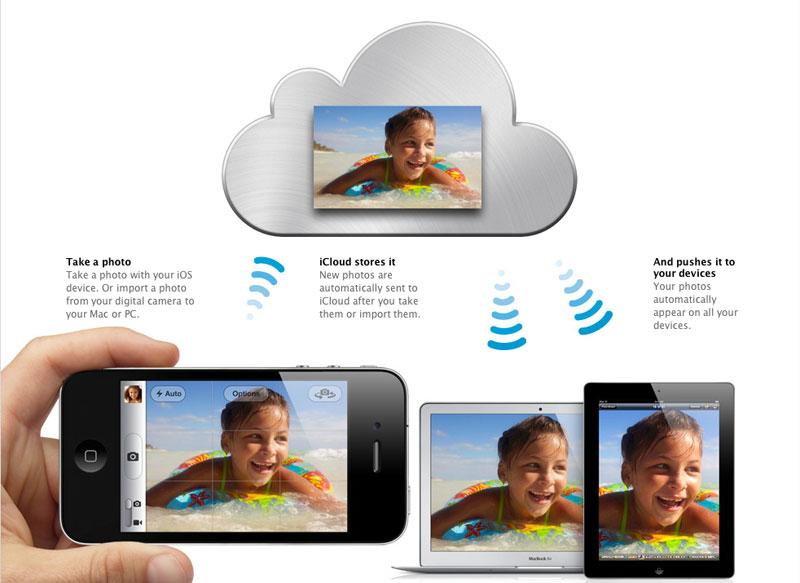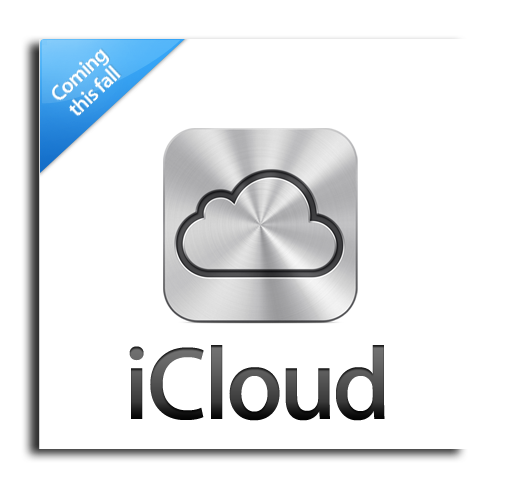Most U.S. consumers do use some form of cloud computing, which refers to a software application or process accessed from the Internet rather than a local hard drive. But a new survey from the NPD Group also found that just 22 percent of consumers are familiar with the term "cloud computing."
Unfamiliarity with the term exists despite the fact that 76 percent of U.S. respondents reported using some type of Internet-based cloud service in the last 12 months. The leading cloud services for users were e-mail, tax preparation and online gaming.
"Whether they understand the terminology or not, consumers are actually pretty savvy in their use of cloud-based applications," said Stephen Baker, vice president of industry analysis for NPD.
"They might not always recognize they are performing activities in the cloud, yet they still rely on and use those services extensively. Even so, they are not yet ready to completely give up on traditional PC-based software applications."
The survey found some differences between what NPD characterized as "cloud savvy" vs "non-savvy" consumers. For example, 84 percent of respondents familiar with the concept of cloud computing use cloud-based e-mail, while 68 percent who are not familiar with the term have their e-mail in the cloud.
NPD also found double-digit differences between "cloud savvy" and "non-savvy" users when it came to photo sharing (49 percent vs. 33 percent) and video sharing (44 percent vs. 31 percent). But the difference is not as great when it comes to tax preparation, where 44 percent of "cloud savvy" users rely on cloud services, and 39 percent of "non-savvy" users do as well.
"Tax preparation is one area that bridges the PC-cloud divide," Baker said. “The consumer’s knowledge and sophistication matter little in terms of how much they use tax prep services; additionally, it is the only type of cloud-based application consumers have shown a willingness to pay for.
"This might indicate a path to help consumers understand the value of computing in the cloud, and allow retailers and service providers to monetize additional services.â€
The results come as Apple is pushing its own iCloud service, which will automatically and wirelessly sync data from iOS devices, like the iPhone and iPad, as well as Macs and PCs. Apple's iCloud is set to launch this fall.
iCloud will include cloud-based contacts, calendar and e-mail, allowing users to access their inboxes, events and contacts across a range of devices. Through iCloud, this data will always be up-to-date and in sync.
iCloud will also automatically and securely back up iOS devices daily when users charge their iPhone, iPad or iPad touch. Backed up content will include music, apps, books, photos, videos, device settings, and application data.
In addition, iCloud Storage will provide users 5GB of space to store important files, such as documents and mail. With the new Documents & Data feature, Apple's iCloud will automatically propagate changes made to a file on one device to every other synced device. For example, users will be able to create a document in Pages on their iPhone, and later access it from an iPad, Mac or PC.
 Neil Hughes
Neil Hughes








-m.jpg)






 Wesley Hilliard
Wesley Hilliard
 Christine McKee
Christine McKee
 Malcolm Owen
Malcolm Owen
 William Gallagher
William Gallagher
 Andrew Orr
Andrew Orr







-m.jpg)




71 Comments
"I put my stuff in the Cloud, but then it rained. What do I do now?"
Surely that will be heard at a support center someday soon.
One quote comes to mind:
"Fools rush in where Angels fear to tread."
That term is way over used today... It used to mean or represent part of a communications path that was beyond the reach of an individual or business customer... It was part of the path they connected to, but were not responsible for.
Today it is used a replacement for "online" or even Internet, which are a little easier for people to understand, i.e. You have to be online in order to use the service.
I just can't get cirrus about cloud computing, Maybe a thunderbolt will help.
Even as someone pretty tech-savvy, I have to admit that after spending a bit of time looking at the iCloud settings in the iOS 5 beta, I'm a bit baffled as to what exactly each setting does.
Obviously I'll be taking the time to read the in-depth documentation for it, but I'm sure many people won't.